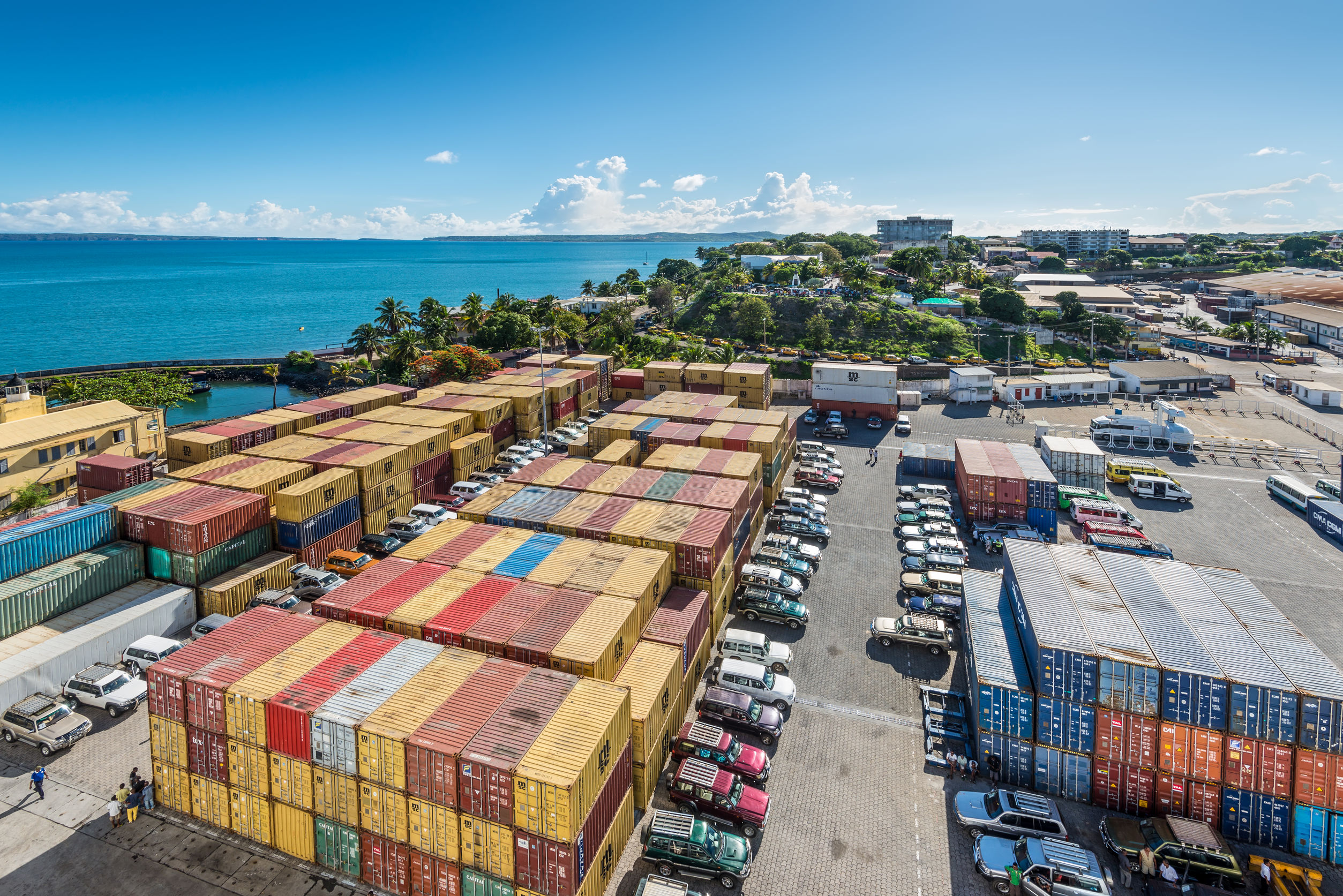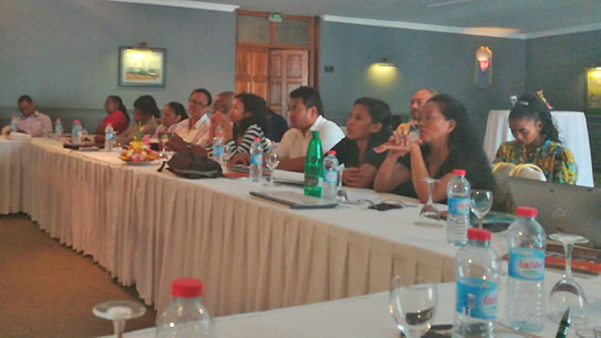The CCAFRICA Region - Regional Coordinator Uganda
The ‘Coordinating Committee for Africa’ was established by the Codex Alimentarius Commission in 1972 with a mandate to “exercise general coordination in the preparation of standards relating to the region of Africa”. The committee held its first meeting at FAO in 1974, with 19 countries in attendance.
As the new regional coordinator begins their term, the Agreement of the African Continental Free Trade Area (AfCFTA), which came into effect in May 2020, has reinforced the need for an efficient and effective system for managing sanitary and phytosanitary measures, in particular food safety, across the continent as its borders open for trade.
The regional coordinator is based in the Uganda National Bureau of Standards, a statutory body under the Ministry of Trade, Industry and Co-operatives which oversees, as part of its mandate, the promotion and use of standards.
As regional coordinator, Uganda intends to engage closely with countries via surveys, webinars and workshops to identify needs and emerging issues, create awareness of priority food safety issues and of Codex standards. A pilot study will also explore the food safety situation in broader terms across the region. By strengthening engagement with regional bodies such as the African Union, the African Organisation for Standardisation and the African Continental Free Trade Area Secretariat, Uganda also aims to enhance advocacy work in the region.
CCAFRICA Coordinator
All information on Codex is public and free.
For regional enquiries contact:
CCAFRICA Secretariat
Uganda National Bureau of Standards Plot 2 - 12, Bypass Link, Industrial
& Business park, Kyaliwajala road,
P.O Box 6329 Kampala, Uganda
Tel: +256 (041) 7333250 / 0417333251 / 0417333252
Email: [email protected]
Web: www.unbs.go.ug
Codex Trust Fund / Supporting import control systems in Madagascar
Madagascar depends heavily on food imports to meet its food requirements. Effective and efficient control of food imports is therefore essential to facilitate food trade on the island and to protect the health of consumers.
“Several different authorities carry out inspections of those products according to their respective competences”, said Dominique Lantomalala, Codex Contact Point, Madagascar. “Most of the time, there is a lack of coordination and synergy between these actions. Faced with imports, local industries suffer and it is not unusual to come across non-compliant food products. Madagascar therefore needs to have an efficient control system for food imports in order to achieve the objectives of health protection, consumer protection and economic development”.

Food imports to Madagascar exceeded 670 million dollars in 2018 (Source WTO)
Relaunching Madagascar's active participation in Codex

A training workshop on the development of a risk-based imported food control system was held from February 10 to 13, 2020 with the support of the Codex Alimentarius Trust Fund (CTF). The workshop set out to review how food control is structured and how operations are managed for food imported into Madagascar, with a view to moving to a more effective and efficient import control system. The workshop also provided training and support to the Madagascar authorities to design and implement risk-based food import inspection programs.
Catherine Bessy, food safety and quality officer FAO, said: "This project is decisive to the relaunch of Madagascar's active participation in international Codex work, which is anchored in an inclusive dynamic at the national level”. The technical workshop sessions explore the importance and concrete application of Codex for national control services. “We hope to raise awareness with political decision-makers in order to ensure the technical divisions taking part are able to remain involved”, she said.








Leave a comment